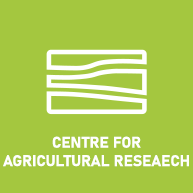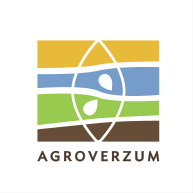SCIENTIFIC INSTITUTIONS
For more than seven decades, the Agricultural Institute has been engaged in interdisciplinary, interdependent complex research on the most significant agricultural crops. Their main activities are: crop breeding, maize breeding and crop production research, as well as basic research, which focuses on physiological, genetic, genomic, proteomic, cellular and molecular biology studies of cultivated plants. In recent decades, breeding strategy has changed in accordance with the requirements of age and domestic needs. The purpose and toolkit of basic research activities have also experienced changes. The results of basic research are integrated into practice-oriented, economically beneficial applied research. MGI has a decisive influence on the Hungarian crop production sector with its plant cultivars, patents and crop production consulting system.
For more than 140 years, in 1880, to develop a control against phylloxera, the government then created the National Phylloxera Experimental Station, which was later transformed into the Royal Hungarian State Entomological Station. In 1932, it merged with the Royal Hungarian State Seed Testing and Plant Life and Pathology Station to establish the Plant Protection Research Institute under the ministry’s authority. Later, the institute initiated to join the research network of the Hungarian Academy of Sciences (1981), and research moved from applied research to basic research related to plant protection. It retained its independence until 2012, when it was attached to the Agricultural Research Centre of the Hungarian Acedamy of Sciences based in Martonvásár, under the name of MTA ATK Plant Protection Institute. From September 2019, such as the other academic research institutes, it became a member of the Eötvös Loránd Research Network.
For more than 70 years, the Institute has been conducting soil and applied research, in which the need to create rational soil use to improve human quality of life, the protection of soil quality and the maintenance of its functional capacity, and the evaluation, modelling and mapping of soil-environment interactions have all played an important role. TAKI is a multi- and interdisciplinary research institute that is open to environmental and land sciences, as well as agricultural specialties in a more general sense (environmental management, territorial planning, agricultural water management, etc.), as well as environmental and nature protection.













